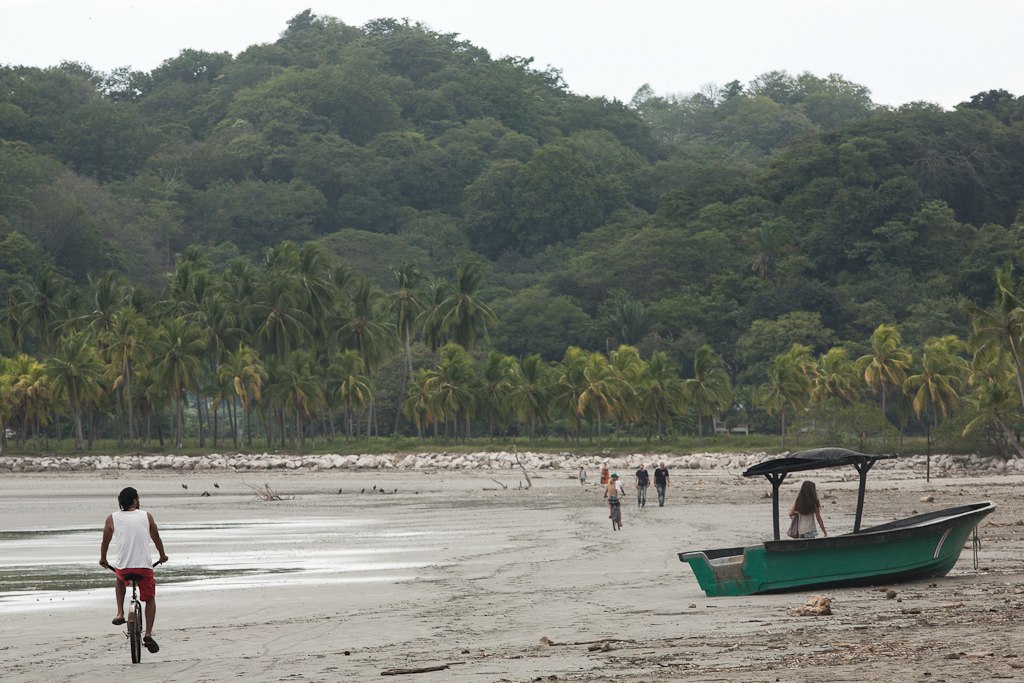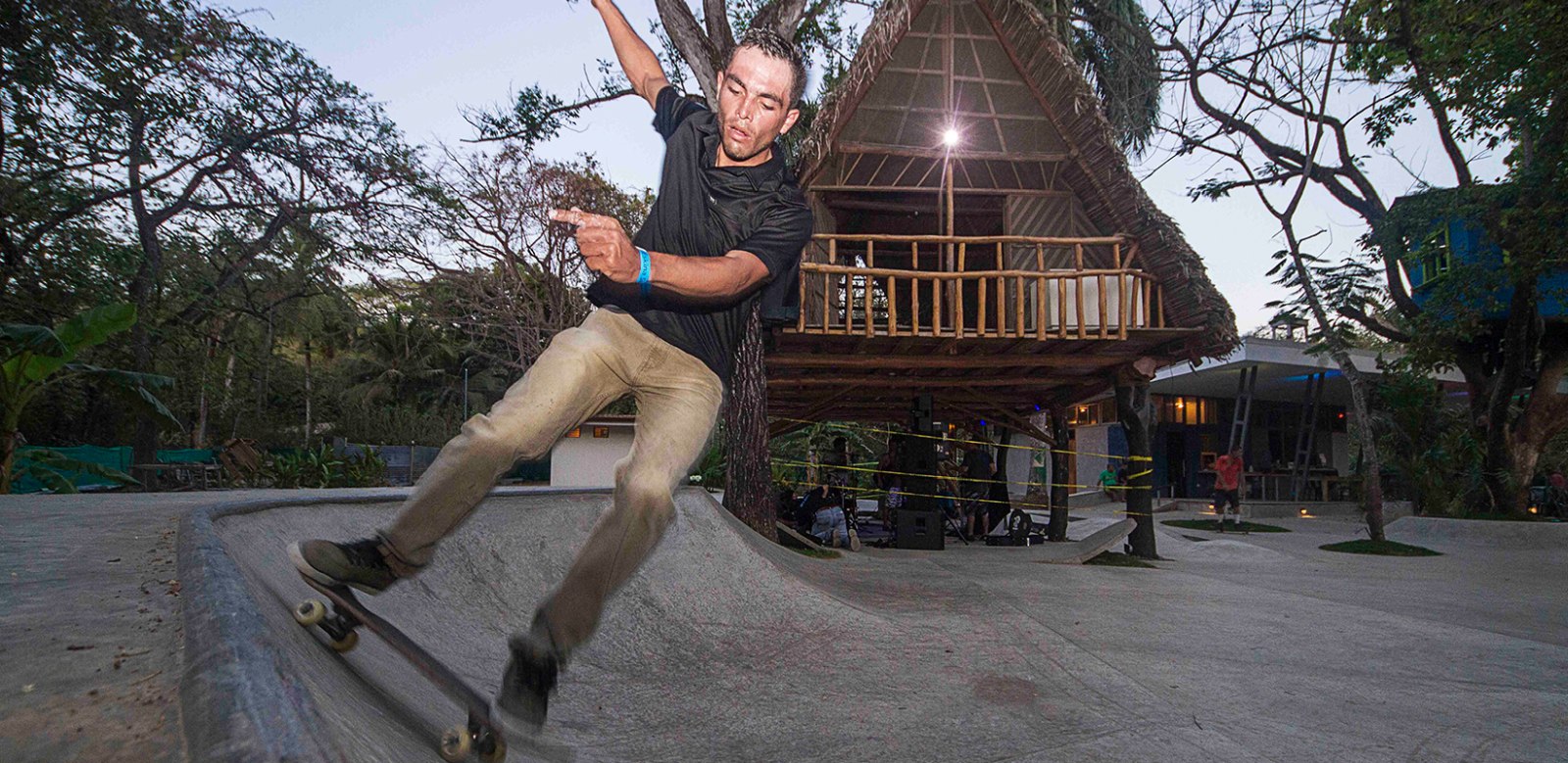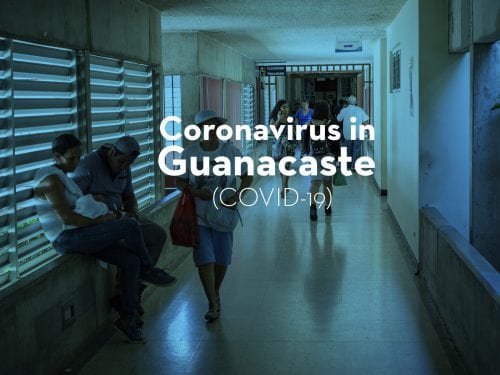
People who live in the community of Samara should work together to try to eliminate mosquito breeding sites inside and around houses to protect pregnant women, who are more vulnerable to contracting the Zika virus.
The warning comes after the first two cases of Zika were confirmed in Costa Rica on Monday, February 22nd. The first was a 24-year-old woman who is 38 weeks pregnant, and the second is a 32-year-old woman, both of whom live in Samara.
According to Daniel Salas, director of monitoring health for the Ministry of Health, pregnant women do not need to leave the coastal district, but they should take precautionary measures.
“We recommend that they monitor and eliminate any breeding site inside and around the house, within a 100-meter (330-foot) radius, with support from family and hopefully from neighbors. If someone is pregnant, they usually are not moved, but we do recommend that they do not go out to an area where there is a high amount of breeding sites, where the mosquito definitely is not controlled,” Salas said.
For example, an area where there is a high amount of breeding sites might be vacant lots or illegal garbage dumps that should be reported to the Ministry of Health.
It also recommended that people cover doors and windows with screens, wear long sleeves and sleep under mosquito nets. It was also suggested that repellent should be used, especially from 5-7 a.m. and from 5-8 p.m., since these are the hours when mosquitoes attack.
Zika is a viral illness transmitted by the Aedes aegypti mosquito, the same one that transmits dengue and chikungunya. Mild fever and skin rashes are the most common signs of the illness. Also, it differs from dengue and chikungunya because it causes conjunctivitis (inflammation of the eye).
The virus can severely affect fetuses and cause microcephaly, a malformation of the skull. For its part, the Ministry of Health reported that they did ultrasounds on the pregnant woman and the baby does not show abnormalities. However, they will continue to monitor it constantly.
After confirming the two cases, the Costa Rican Ministry of Health declared a health emergency in the canton of Nicoya.
From the first day that they were notified of the suspected cases of Zika, the Ministry has fumigated 3000 homes, visited 913 houses and destroyed 50 larvae breeding sites.
“The alert means that there is a possibility for the health sector to work in a more coerced way and to be able to mobilize resources in a more expedited manner,” Salas explained.
For now, the Ministry of Health recommends that pregnant women who are planning to visit Samara postpone the trip.
Possible Breeding Sites Should Be Cleaned with Disinfectants
The Aedes aegypti mosquito reproduces in seven days and grows in clean water in dark places. The dishes under flower pots, vases and plastic pools for children are the places where the mosquitoes most often breed.
The doctor in charge of monitoring for the Ministry of Health explained that it is not just a matter of draining water from the containers, but also washing them well, since the eggs can stay stuck to the walls and when they have water again, they can reproduce.
Brazil is one of the most affected countries, with 1.5 million sick people. In Central America, the highest number of cases have occurred in Honduras with 15,946 patients, followed by El Salvador with 4,087.







Comments